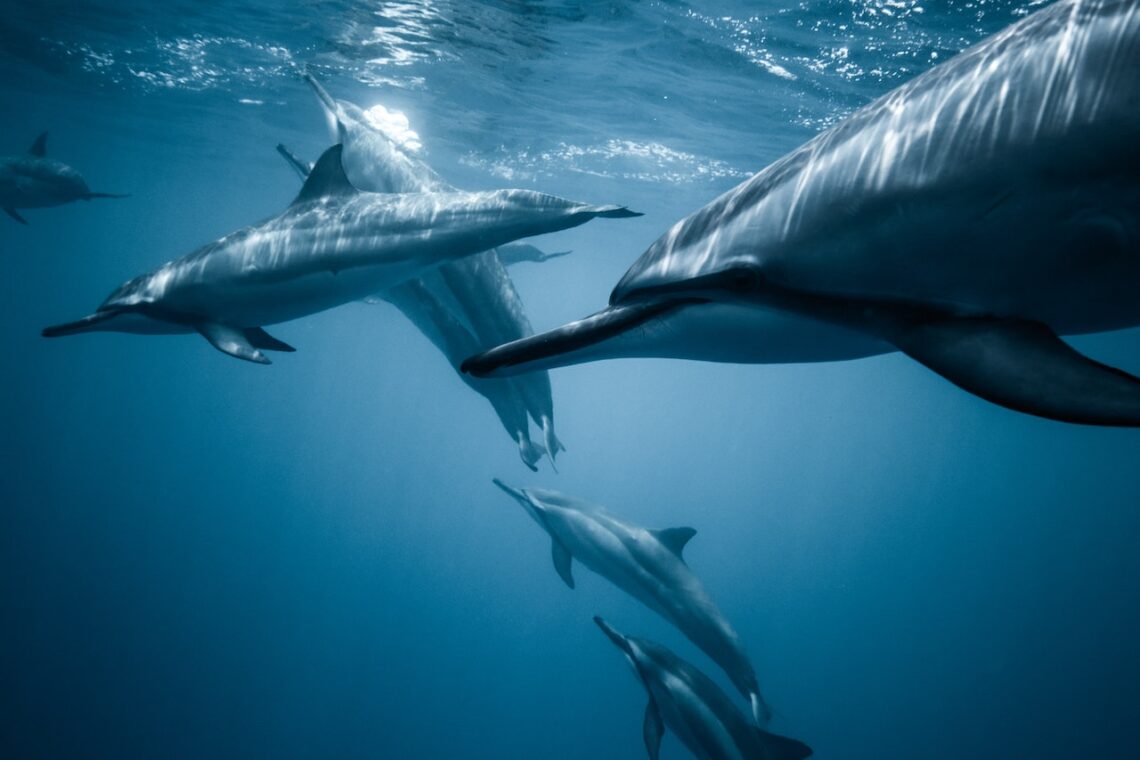
Interesting Facts About Marine Biologists, Study The Best 18
Interesting Facts about Marine Biologists
Marine biologists have long held the role of custodians of our oceans, unlocking the secrets of the vast marine world. Their explorations and studies have enlightened us about everything from tiny marine algae to the mighty blue whale. But beyond the study of aquatic organisms, what do we truly know about these guardians of the deep? Let’s plunge into some interesting facts about marine biologists.
The Vast Expanse of Their Workplace
From Shallow Waters to the Abyss
Intertidal Zone: Marine biologists often start their field work here, observing organisms in the shallow waters.
Deep Ocean: Some venture into the deep ocean, studying hydrothermal vents and the unique marine species that inhabit such depths.
Mariana Trench: The deepest point on Earth’s surface, this trench is a subject of study and intrigue for many marine scientists.
The Range of their Study
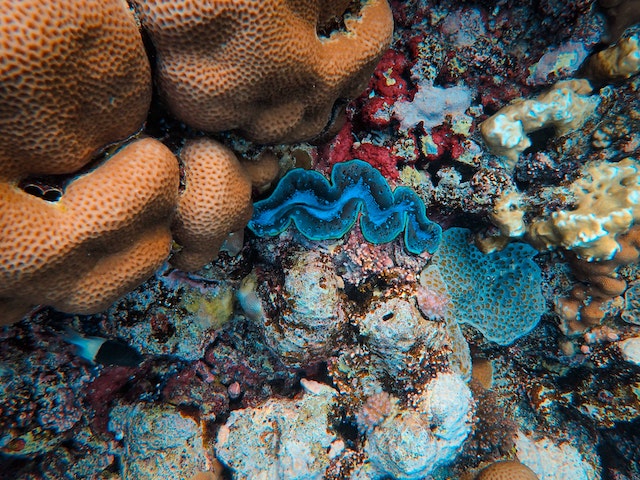
Not Just Large Creatures
Marine biologists don’t just study large creatures like sharks and sea turtles. Small organisms, including marine algae and plankton, are equally essential to marine ecosystems and are a focus of many studies.
From Molecular to Massive
While some specialize in molecular biology, understanding the genetic makeup of marine animals, others might study the broader impacts of climate change on marine environments.
Their Role in Tackling Global Issues
Climate Change and Ocean Acidification
Marine biologists play a significant role in studying the effects of global warming and ocean acidification on marine life. Their research reports provide invaluable data for government agencies to create conservation policies.
Human Activities and Conservation
Their understanding of the environmental effects of human activities on marine habitats has paved the way for marine conservation initiatives.
The Academic Path
The Foundation: Bachelor’s Degree
Every marine biologist typically begins with an undergraduate degree in biological sciences or a related field.
Further Specialization
Many then pursue a master’s degree or even a doctoral degree in a related area of specialization. Such in-depth education often includes independent research, university teaching, and even data collection at various locations around the world’s oceans.
The Diversity of their Roles
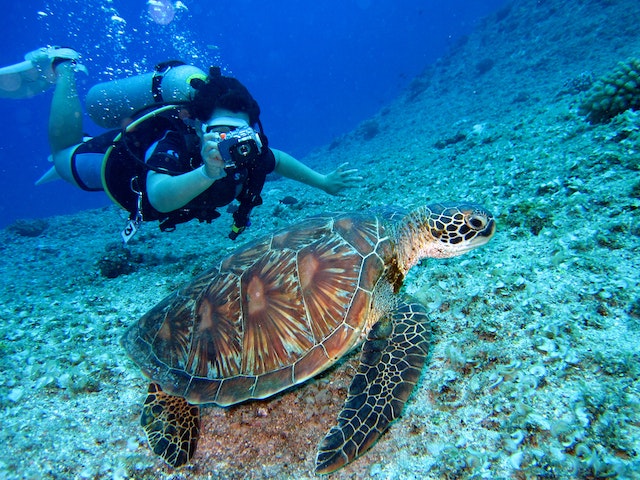
Beyond the Ocean
While the natural habitat for their study might be the marine environment, marine biologists often work with research institutions, write scientific papers for peer-reviewed journals, or teach in universities.
Job Description Facts
Many assume that marine biologists spend most of their work time diving in oceans. In reality, a considerable part of their job also involves lab work, data analysis, and presenting findings.
Monetary Rewards and Contributions
According to the U.S. Bureau of Labor Statistics, the average salary for marine biologists can vary significantly, based on relevant experience and the specific nature of their job.
Contributions to Science
Notable marine biologists like Jacques Cousteau have made significant scientific discoveries, increasing our understanding of marine ecology and the intricate balance of marine ecosystems.
The Wide Array of Marine Life Studied
Marine Mammals and Their Significance
Marine biologists invest considerable time studying marine mammals such as dolphins, whales, and seals. These creatures often act as indicators of the health of marine ecosystems. Their behavior, reproductive patterns, and migration are closely monitored to understand the environmental effects and potential threats in their habitats.
Coral Reefs: The Rainforests of the Sea
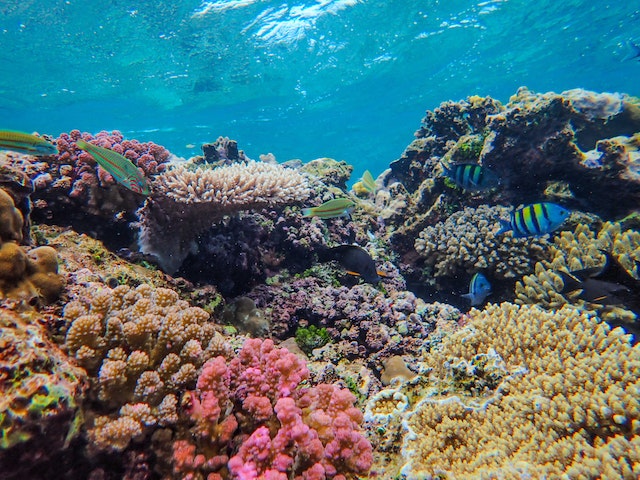
Coral reefs, home to thousands of aquatic organisms, are a significant focus. These ecosystems are particularly vulnerable to climate change and human interference. By monitoring fish populations, the health of the coral, and the numerous species that inhabit these reefs, marine biologists aim to ensure their survival.
Deep-Sea Explorations
The mysteries of the deep sea, from bioluminescent fish to alien-like deep-sea creatures, remain a vast area of study. Here, in the abyss, creatures adapt to life in complete darkness, immense pressure, and cold temperatures. The discoveries made in these depths, like the hydrothermal vents, continuously redefine our understanding of life’s adaptability.
Technical Skills and Field Work
The Role of Technology
With the advent of technology, the role of marine biologists has evolved. They now employ sophisticated equipment, from underwater drones to advanced data analysis software. These tools allow them to monitor marine habitats, track animal species, and analyze complex biological data with precision.
The Adventures and Challenges of Field Work
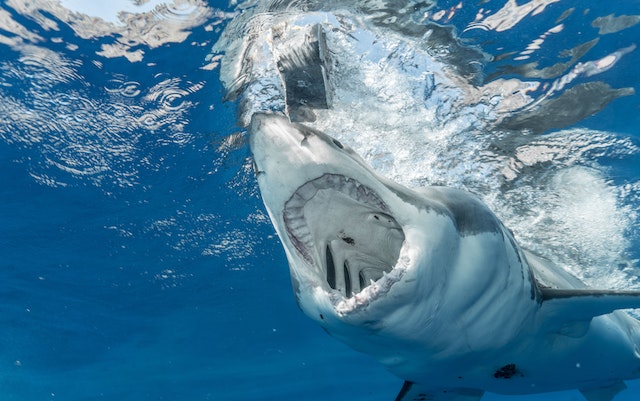
Often, marine biologists embark on long journeys, braving the elements to study marine life in its natural setting. From navigating the freezing waters of the Arctic to enduring the heat of tropical regions, their dedication knows no bounds. Field work can be demanding, but the rewards—like encountering a rare marine animal or discovering a new species—make it worthwhile.
Marine Biology and Human Interactions
Marine Conservation Efforts
Did you know marine biologists often work closely with government agencies and conservation groups to design marine conservation strategies. They play an instrumental role in establishing marine reserves, drafting conservation laws, and spearheading efforts to clean up marine pollution.
Educating the Public
A significant part of their job is to educate the public about the importance of marine ecosystems and the threats they face. Through documentaries, lectures, and publications, they instill a sense of responsibility and encourage sustainable human behaviors.
Specializations in Marine Biology
Marine Ecologists
These specialists focus on the relationship between marine organisms and their environment. They might study how ocean currents affect marine life or how different species coexist within marine ecosystems.
Fishery Biologists
They specifically study fish populations, understanding their dynamics, life cycles, and interactions with humans, especially in the context of overfishing and habitat destruction.
Marine Biotechnologists
Leveraging the principles of molecular biology, these experts explore how marine organisms can be used for human benefit, from developing new medicines to sustainable biofuels.
A Day in the Life of a Marine Biologist
A typical day can vary dramatically based on specialization and current projects. It might include:
Diving to collect samples or monitor marine animals.
Analyzing samples in a lab.
Attending conferences or workshops.
Teaching university students about marine ecosystems.
Writing research reports or scientific papers.
Collaborating with other experts in related fields.
Marine Biology Careers: Beyond the Sea
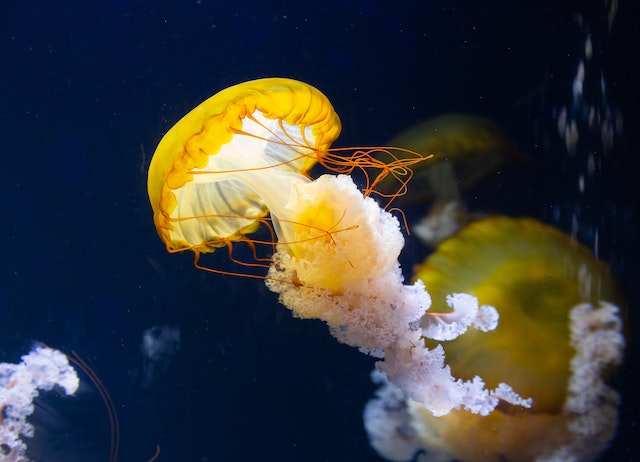
Not all who study marine biology end up working at sea. Many find opportunities in:
Aquariums and marine parks.
Environmental consultancy firms.
Wildlife documentaries and media.
Marine equipment sales or development.
Policy development and environmental law.
The Impact of Climate Change on Marine Biology
Climate change poses one of the most significant threats to marine life. Rising sea temperatures, ocean acidification, and changing ocean currents profoundly impact marine ecosystems. Marine biologists are at the forefront of researching these changes, providing critical insights into how species are adapting and what can be done to mitigate adverse effects.
Pioneers in Marine Biology
Jacques Cousteau: Not only a marine biologist but also an explorer, inventor, and filmmaker, Cousteau revolutionized marine exploration with his invention, the Aqua-Lung. His documentaries brought the marine world to households worldwide.
Sylvia Earle: Known as “Her Deepness”, Earle is an oceanographer and explorer who set records for deep diving. She has been a tireless advocate for marine conservation throughout her career.
The Future of Marine Biology
With the continuous changes in our marine ecosystems, the role of marine biologists has never been more critical. As they forge paths in technology and research, their findings will be vital in shaping a sustainable future for our marine world.
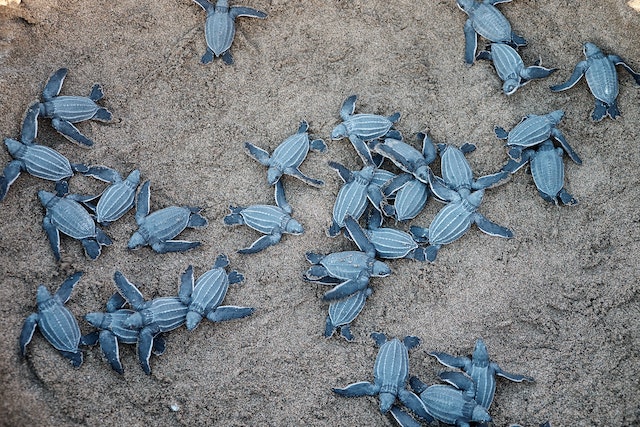
Facts about Marine Biologists Conclusion (Revised)
The depth and breadth of marine biology, as a scientific discipline, are vast and ever-evolving. Marine biologists, through their dedication, passion, and tireless work, play an instrumental role in our understanding of the marine world.
From the shallowest tide pools to the deepest trenches, they unravel the mysteries of the oceans, urging us to appreciate, respect, and protect the blue heart of our planet.
The next time the waves touch your feet or you gaze upon the vast ocean expanse, remember these guardians of the deep, working silently and relentlessly for the marine world and, indirectly, for us all.
Read my 20 Interesting Facts About Snapping Turtles, discover more and build your knowledge base.
Frequently Asked Questions – About Interesting Facts about Marine Biologists
What do marine biologists primarily study?
They study marine organisms, their behaviors, and their interactions with the environment.
Is it essential to have a postgraduate degree in marine biology?
While a bachelor’s degree can provide entry-level opportunities, a postgraduate degree often opens doors to specialized roles and independent research.
Do marine biologists only work in oceans?
No, they also work in research labs, universities, and even government agencies focusing on environmental impact assessments.
Facts about Marine Biologists Conclusion
The life of a marine biologist is undoubtedly intriguing. Their dedication to understanding the marine world, from the smallest organisms in the intertidal zone to the mysteries of the deep ocean, is commendable.
As guardians of the ocean environment, their work has never been more crucial, especially in the face of challenges like climate change and human-induced disruptions.
Next time you think of the ocean, remember the marine biologists, the unsung heroes working tirelessly to understand and protect the vast blue expanse.




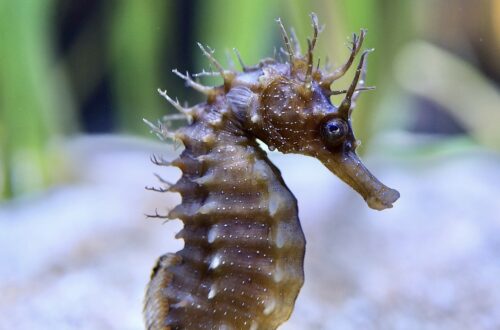
5 Comments
Pingback:
Pingback:
Pingback:
Pingback:
Pingback: